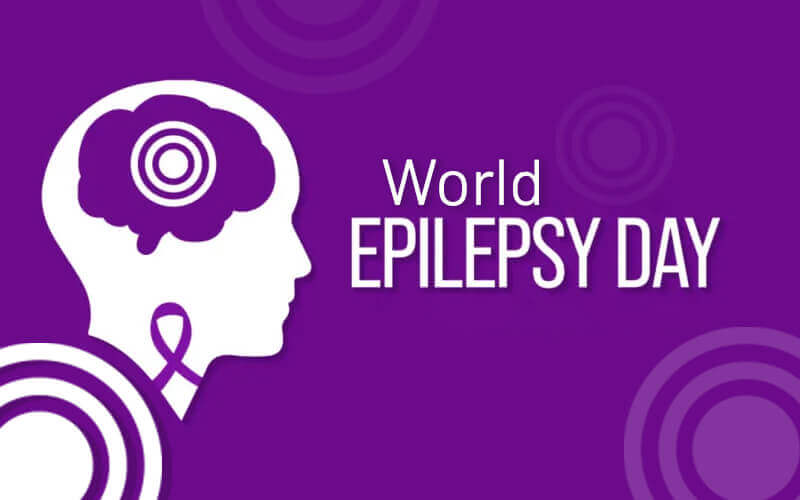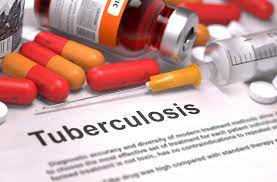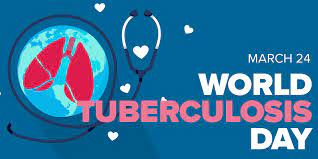Good nutrition keeps you stress free: study
Fri 18 Nov 2016, 12:58:54
Good nutrition not only benefits your physical health, but also works as a cornerstone for mental health, says a study published in the Clinical Psychological Science journal.
A study highlights the different approaches that psychology researchers are taking to understand the many ways in which nutrition and mental health intersect.
Decades of research have shown the importance of proper nutrition in preventing and treating the ill effects of inflammation and stress, physiological processes that are intimately linked with mental health. Despite this clear connection, diet and metabolism typically do not feature in studies that examine aspects of psychological well-being.
“Nutrition is not mainstream within the sciences that study mental health and illness,” psychological scientist Alan Kazdin (Yale University), former editor of Clinical Psychological Science, notes in his introduction. “Standard coursework in training and exposure to the scientific literature in the traditional mental health professions omit even a morsel. A single series of papers cannot redress that. Yet we can make salient key questions and convey there are answers.”
The aim of this collection of articles is to “showcase the diversity of studies being conducted in a new, rapidly emerging field of nutrition and mental health,” write guest editors Julia J. Rucklidge (University of Canterbury) and Bonnie J. Kaplan (University of Calgary) in their introduction to the special section.
The five articles included in the special section investigate the intersection of nutrition and mental health from varying levels and perspectives.Building on previous research showing the beneficial effects of a Mediterranean-style diet – rich in fruits and vegetables, healthy fats, nuts, and fish – Almudena Sanchez-Villegas and colleagues examine outcomes associated with a broader Mediterranean lifestyle that includes diet, physical activity, and social activity. Looking at data from 11,800 individuals participating in a university-based longitudinal study, the researchers found that all of these variables independently predicted a lower risk of depression. The article highlights the importance of examining the combined effects of nutritional and other lifestyle factors on mental health outcomes.
Jane Pei-Chen Chang and colleagues focus their research on another mental disorder: ADHD. Examining data from 21 children with ADHD and 21 children
without ADHD, the researchers find complex relations between children’s food consumption, physical symptoms, and cognitive performance. Although children with ADHD showed no difference in essential fatty acid (EFA) intake compared with their non-ADHD peers, they did show signs of EFA deficiency. At the same time, children who had lower EFA intake and symptoms of EFA deficiency were likely to show greater ADHD symptoms. These findings raise the question of whether children with ADHD process nutrients in ways that differ from those of other children.
without ADHD, the researchers find complex relations between children’s food consumption, physical symptoms, and cognitive performance. Although children with ADHD showed no difference in essential fatty acid (EFA) intake compared with their non-ADHD peers, they did show signs of EFA deficiency. At the same time, children who had lower EFA intake and symptoms of EFA deficiency were likely to show greater ADHD symptoms. These findings raise the question of whether children with ADHD process nutrients in ways that differ from those of other children.
Focusing on potential nutritional interventions for obsessive-compulsive disorder (OCD), Jerome Sarris and colleagues examined effects of treatment with an amino acid agent called N-acetyl-cysteine (NAC) in a randomized controlled trial with 44 participants. The data showed no overall difference between NAC and placebo in reducing OCD symptoms, but subgroup comparisons indicated that younger participants and those who had been diagnosed for a shorter period of time were more likely to show improvement in response to NAC. The researchers suggest that further studies with larger samples are necessary to determine the utility of NAC as an adjunct to OCD treatment.
Joanna Lothian, Neville M. Blampied, and Julia J. Rucklidge explore broad-spectrum micronutrients (i.e., vitamins and minerals) as treatment for insomnia, a condition that is associated with a variety of mental health problems. In an 8-week trial, the researchers investigated outcomes associated with the use of a commercial micronutrient supplement in a group of 14 adults who reported symptoms of insomnia. Participants reported improvements with insomnia symptoms, mood, stress, and anxiety over the course of the trial. The researchers note several limitations – including the fact that participants were aware of the treatment and the study lacked a control group – that should be addressed in future research.
Investigating the relationship between inflammation and depression, Tasnime N. Akbaraly and colleagues examine data on diet and depressive symptoms collected from 4,246 adults over a period of 5 years. The researchers found that diets that rated high on the “dietary inflammatory index” were associated with increased risk of depressive symptoms, but only among women. Specific biomarkers of inflammation did not explain this association, despite their association with dietary inflammatory index scores at baseline.
No Comments For This Post, Be first to write a Comment.
Most viewed from Health
AIMIM News
Latest Urdu News
Most Viewed
May 26, 2020
Do you think Canada-India relations will improve under New PM Mark Carney?
Latest Videos View All
Like Us
Home
About Us
Advertise With Us
All Polls
Epaper Archives
Privacy Policy
Contact Us
Download Etemaad App
© 2025 Etemaad Daily News, All Rights Reserved.






.jpg)

























